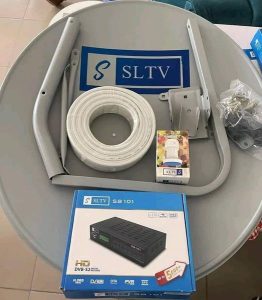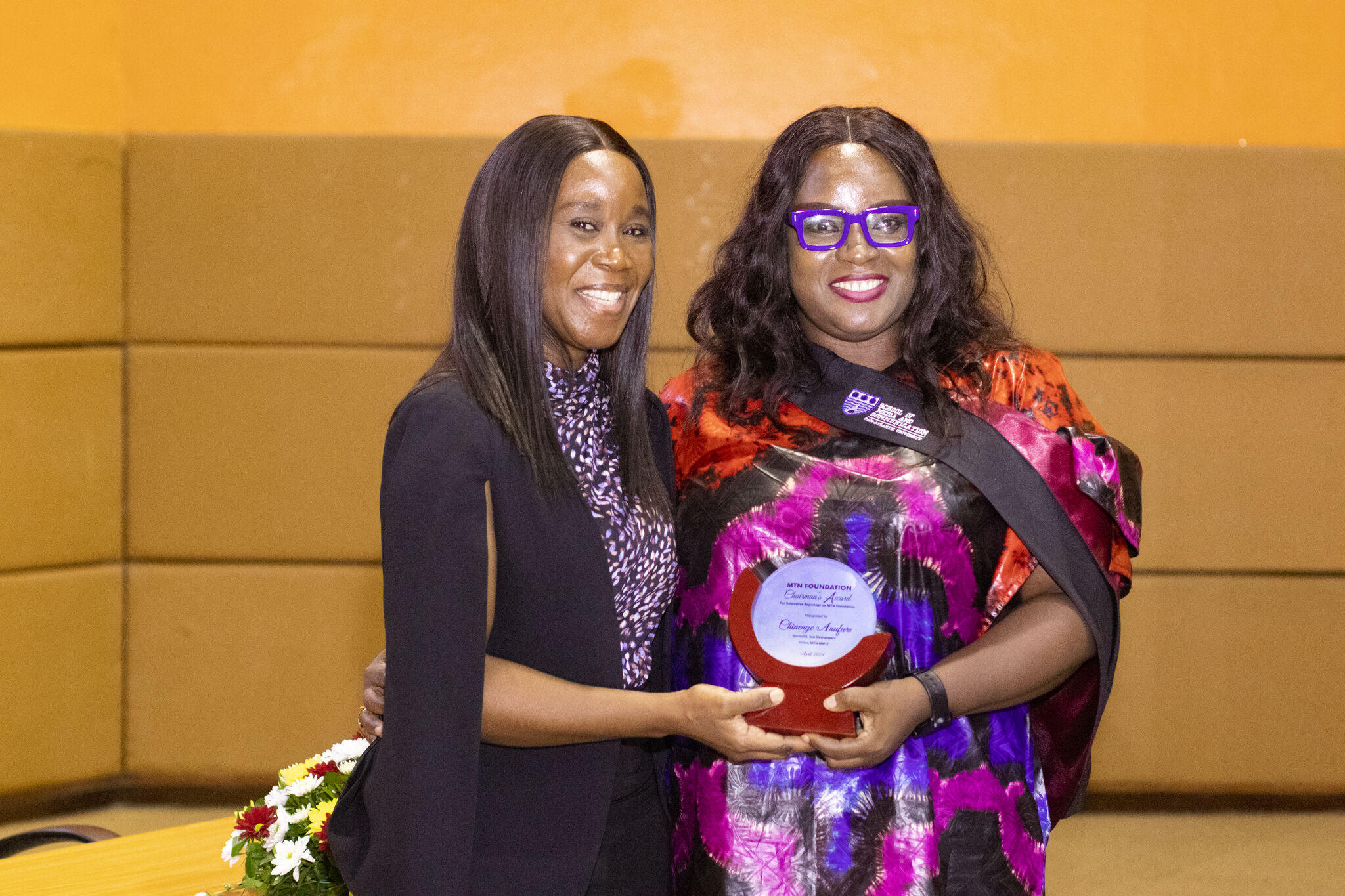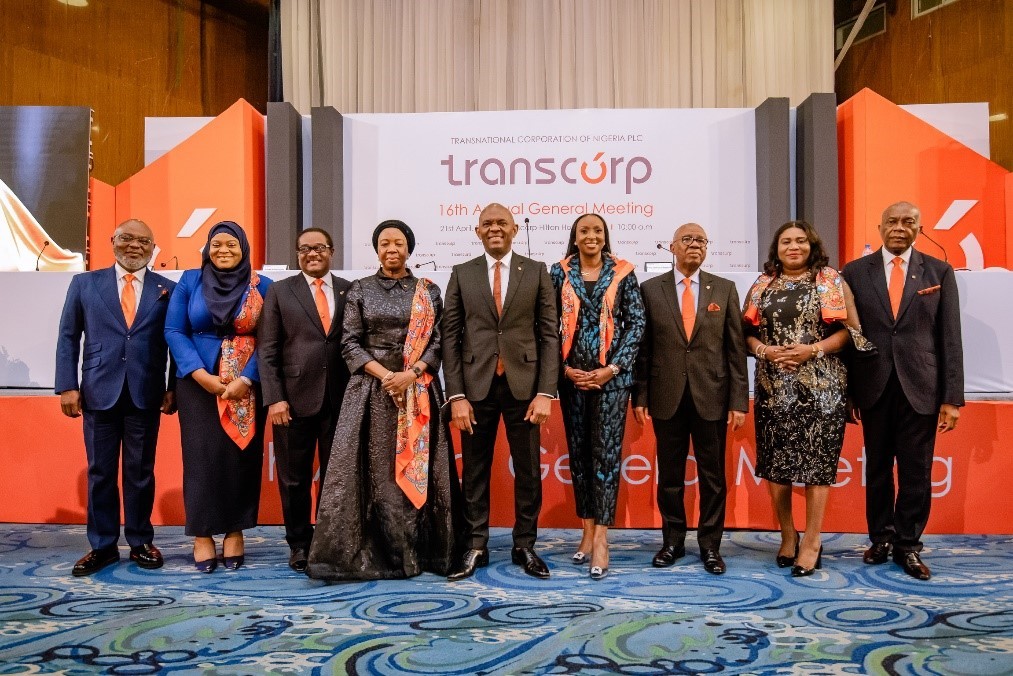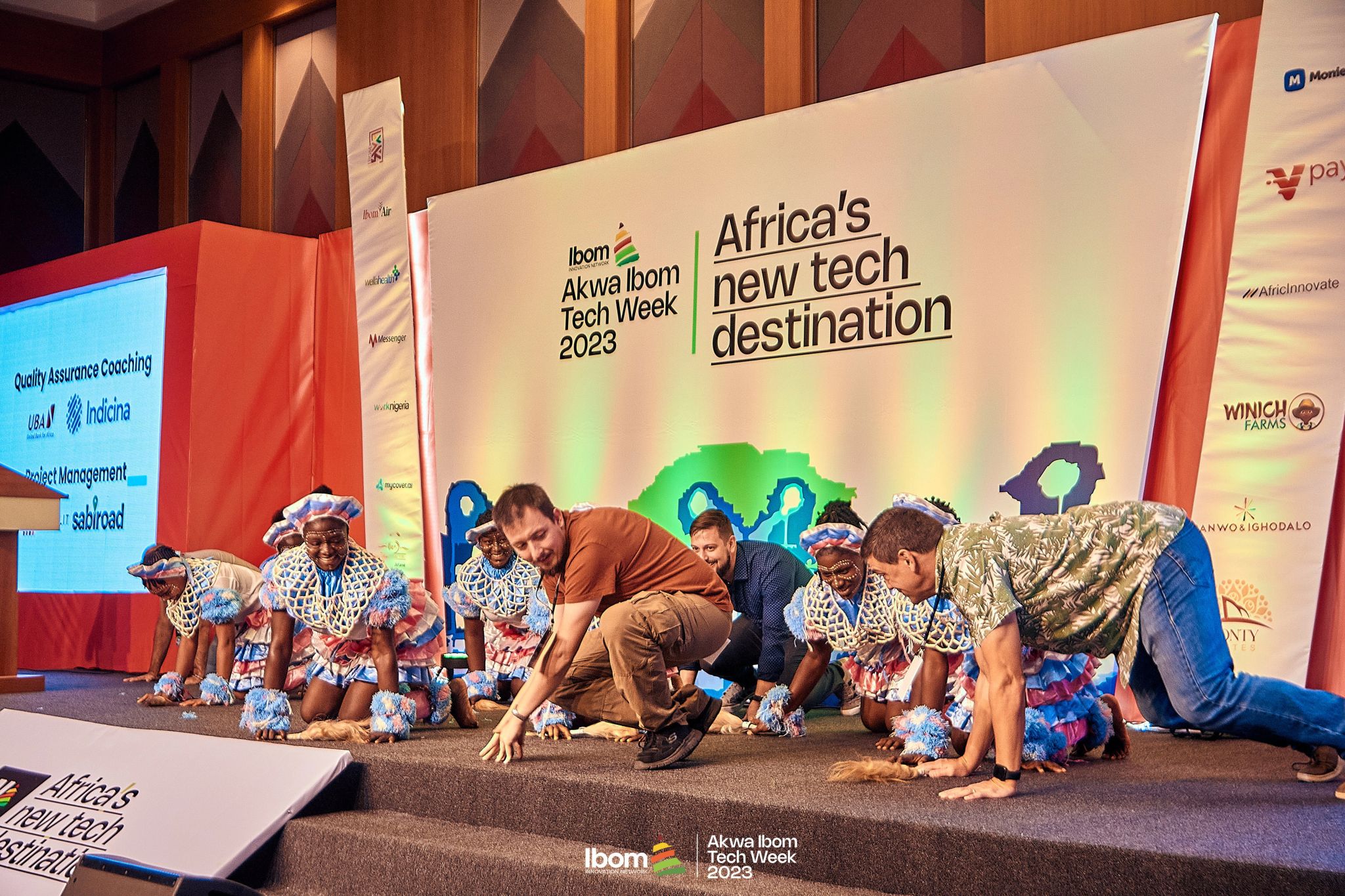Identity verification is an essential component of many online platforms and mobile apps, particularly those in industries such as finance, e-commerce, and healthcare.
In this guide, we’ll explore some best practices for implementing identity verification in Africa and discuss some of the regulatory challenges product managers face.
The Importance of Identity Verification in Africa
Africa has one of the youngest populations globally, with over 60% of the population under the age of 25. The continent has also experienced a significant surge in mobile phone adoption, with more than 400 million mobile phone users across the continent. As a result, many African businesses are moving online to cater to the growing demand for digital products and services. However, this increase in digital transactions has surged online fraud.
In 2020, the value of online fraud in Africa rose by 33%, with Nigeria, South Africa, and Kenya being the most affected countries. In South Africa, for example, cybercrime costs the country an estimated ZAR 2.2 billion annually. Identity verification is, therefore, critical for businesses operating in Africa to protect their customers and ensure compliance with regulations.
Understanding the Regulatory Landscape in Africa
African countries have different regulatory frameworks, and you should understand the specific regulations that apply to your industry and country.
In Nigeria, for instance, financial institutions are required to comply with the Central Bank of Nigeria’s (CBN) KYC (Know Your Customer) policy, which requires financial institutions to verify the identity of their customers. Similarly, in South Africa, the Financial Intelligence Centre Act (FICA) requires financial institutions to verify the identity of their customers and perform ongoing due diligence to prevent money laundering.
In Kenya, the Data Protection Act requires businesses to obtain consent from individuals before collecting and processing their data. The act also requires businesses to take appropriate measures to ensure the security and confidentiality of the data they collect.
Best Practices for Implementing Identity Verification in Africa
- Choose the appropriate verification method
There are various methods of identity verification, including biometric verification, document verification, two-factor authentication, and knowledge-based authentication. Each method has its advantages and disadvantages, and you should choose the appropriate method for your use case and user base.
For instance, in countries with high illiteracy rates, knowledge-based authentication may not be the best option. And countries with low-tech adoption, biometric authentication won’t fly. So consider your customers.
Yemisi Alabi, Product Manager at Interswitch recommends that “you have to sit and study what’s possible. For example, agency networks and POS are one of the finest innovations in Nigeria because access to cash is very limited. So you need to think of an identity system that would be owned and remembered by them and can be assimilated into a retrievable data system.”
Invest Bamboo is a Brokerage Firm in Africa that gives people smart, affordable and accessible options for investing in the United States of America. As a fintech company, Bamboo requires customers to submit a National Identification Number (NIN) and Bank Verification Number (BVN), on signup. These two forms of identification are unique to each Nigerian.
By integrating Verified.africa’s API to their KYC process, Bamboo solved the problem of dual identities, processing over 5,000 signups monthly.
2. Use secure and reliable technology.
Identity verification data is sensitive and valuable, making it a prime target for hackers and cybercriminals. You should ensure the technology and tools you use for identity verification are secure and reliable like third-party providers that use secure and encrypted technology to transmit and store data.
Bade Adesemowo, co-founder of Social lender advises that “In Africa where many people do not have access to an internet connection, we still have to talk to them using SMS and USSD and we still need to confirm that it’s exactly the person we’re speaking to.
On a global level, we’re moving to SSO (single sign-on) – where rather than an individual keeping several sign-on, over and over, instead they’ll be able to sign in once on a device. And because that device trusts my app, it can log you in. We’re getting into a passwordless world and building this into the design of any solution is important.”
3. Consider user experience.
Identity verification can be an inconvenience for users, and a poor user experience can result in users abandoning the process altogether. Product managers should consider the user experience when designing their identity verification process.
A user-friendly and straightforward process that minimizes the number of steps involved and provides clear instructions will encourage your customers to complete the verification process.
Aella Credit, a Nigerian Fintech company providing instant credit and payment solutions, faced a common problem among businesses: slow and inefficient identity verification, causing constant lags, downtime, backlogs, and errors.
By utilising both the NIN and International Passport details on Verified.africa, Aella Credit verified their customers’ identities in a matter of seconds, as opposed to days, thereby delighting their customers with swift loan payments and minimising the risk of loan defaults.
4. Provide clear communication.
Transparency is critical when implementing identity verification. Users must understand why identity verification is necessary, how their data will be used, and what steps are being taken to protect their data. Aim to provide clear and concise communication to your users throughout the verification process.
Case study: Cowrywise
To help customers get accustomed to some of the required security changes, Cowrywise, a savings app in Africa, layered on a service that customers already use to the introduced feature. For example, when they needed to introduce BVN verification to their product, they added it to the existing Stash feature which required that users had a bank account on Cowrywise.
They also did a lot of educational content within and outside the app to help ease the transition so people could learn about the importance of the feature.
Yarmirama, Product manager of Cowryywise had this to say about their KYC process – “From a product perspective, giving context is important. When you can be as clear as possible on what’s required and the goal, everyone can move forward much faster.”
5. Test and iterate.
Identity verification is not a one-size-fits-all solution, and you should continuously test and iterate your verification process to ensure it is effective and efficient. A/B testing can be used to test different verification methods, user interfaces, and communication strategies to identify the most effective approach.
Case Study: Jumia
Jumia is an e-commerce platform operating in over 14 African countries. The platform has implemented various identity verification measures to combat fraud and ensure compliance with regulatory requirements.
Jumia uses a document verification process to verify the identity of its sellers. Sellers are required to upload their ID cards, passports, or driver’s licenses, which are then verified by a third-party verification provider. Jumia also uses a two-factor authentication process for payments, requiring users to enter a verification code sent to their phone before completing a transaction.
To ensure compliance with regulatory requirements, Jumia maintains a database of all verified sellers and their documents. The platform also performs ongoing due diligence to monitor for fraudulent activity.
Conclusion
Navigating Africa’s complex regulatory landscape can be challenging for product managers.
By following the best practices outlined in this guide such as choosing the appropriate verification method, ensuring compliance with regulations, and using secure and reliable technology, you can implement effective identity verification measures that protect your customers and your organization.
To get started with the ideal verification partner for Africa’s best businesses, create an account on Verified.africa.






















